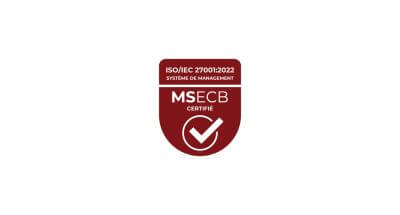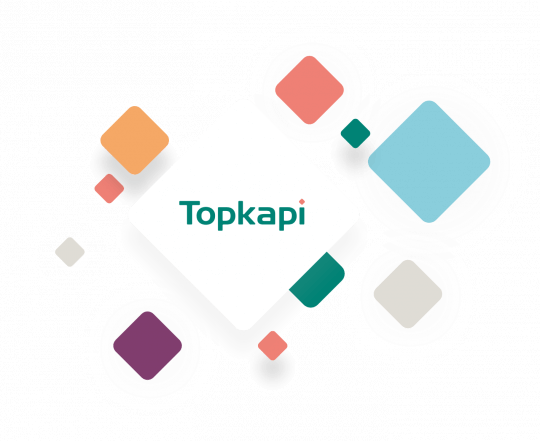
Topkapi: a software platform in response to the BACS decree
Published on 21 July 2020, the BACS (Building Automation & Control System) decree requires owners of tertiary buildings to fit them with automation and control systems by 1 January 2025, with a view to reducing their energy consumption. Focus on this regulation and the solutions available in response.
Through this decree and in line with the tertiary decree of 2019, the government is reasserting its desire to reduce the energy consumption of non-residential buildings. At the heart of the decree lies the collection, control and use of data.
The BACS decree: Who is it aimed at? What is its objective?
It concerns buildings with an effective rated output of more than 290 kW. The decree applies to new buildings since 21 July 2021, and will apply to existing buildings as of 1 January 2025. The stated objective: managers of non-residential buildings must dedicate the necessary resources to reducing the consumption of the most energy-hungry devices (heating, air conditioning, ventilation, domestic hot water production, lighting, energy production units) with a ROI of less than 6 years.
The monitoring, recording and continuous analysis of energy production and consumption data must allow technical systems to be adjusted for optimal operation and to detect consumption anomalies. In this way, quick corrections can be implemented, and commitments made on areas for improvement. According to GIMELEC (French trade association for electrical equipment, automation and related services), the implementation of active energy efficiency solutions results in energy savings of between 30 and 60% in a tertiary building.
The application of the BACS decree therefore requires a transverse approach based on multiple criteria, since regulation is based not only on technical aspects, but also organisational aspects.
Topkapi: an essential component in automation and control systems
More specifically, the decree details the exact role of building automation and control systems. They:
- “Monitor, record and continuously analyse” “energy production and consumption data for building technical systems, and adjust the technical systems accordingly. This data is stored on a monthly basis for five years”
- “Determine the energy efficiency of the building with regard to reference values”, “they detect losses in the efficiency of technical systems and inform the building operator of possible improvements in energy efficiency”
- “Can be inter-operated with the different technical systems of the building”
- “Allow one or more building technical systems to be stopped manually and managed independently”
“The data produced and archived is accessible to and owned by the owner of the automation and control system. They can then send each operator of the various technical systems the data that concerns them”.
The software platform Topkapi offers a solution for all of these issues relating to data processing, technical installation management and information distribution.
Topkapi is also part of a more general building management system (BMS), centralising the information from all building technical packages (lighting, fire systems, blinds, security systems, etc.). By covering all supervision requirements for the connected building, Topkapi’s response meets the needs of all parties in the building. Its capacity to monitor energy performance, its openness and interoperability, due to its independence from hardware manufacturers and third-party systems, make Topkapi a suitable solution for your smart buildings.

Focus on the BACnet protocol
The BACnet communication protocol is an international BMS standard used for exchanging data related, for example, to heating, ventilation and air conditioning equipment. This protocol is therefore obviously used in connected buildings.
To facilitate the integration of Topkapi in the building, AREAL has provided its supervision platform with a native protocol driver offering integrated and easy configuration of equipment communicating via the BACnet protocol.




